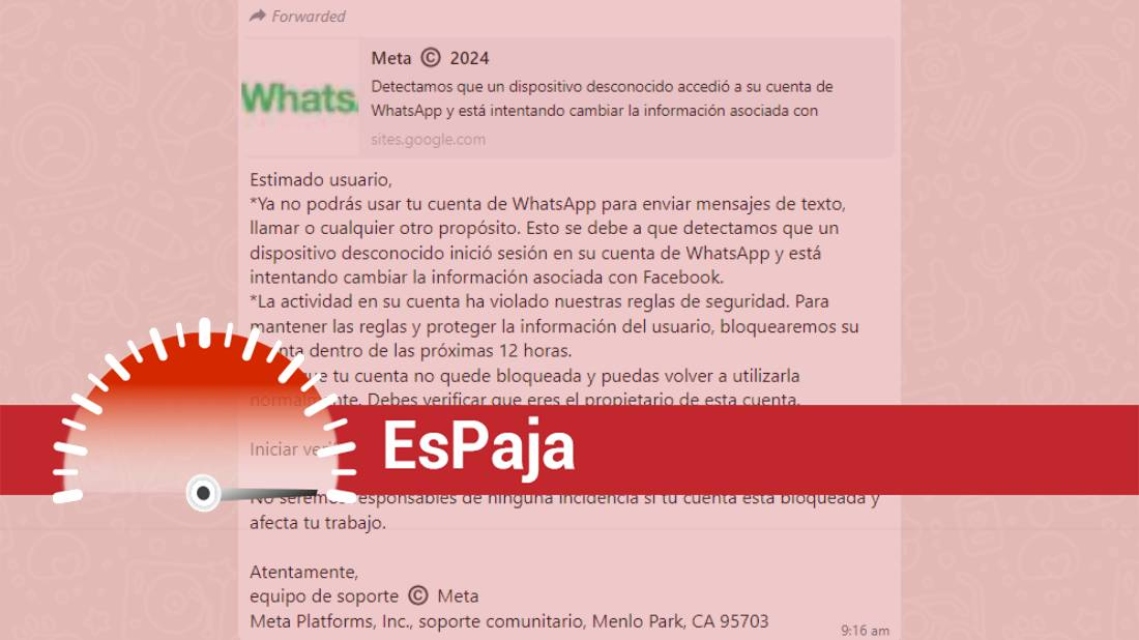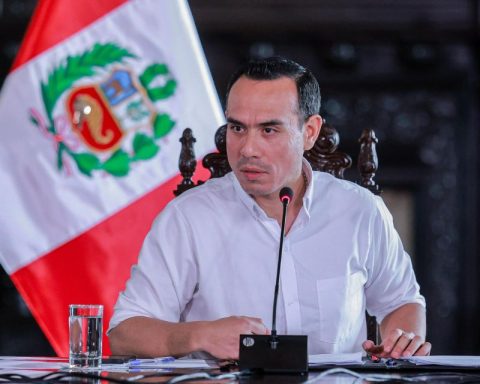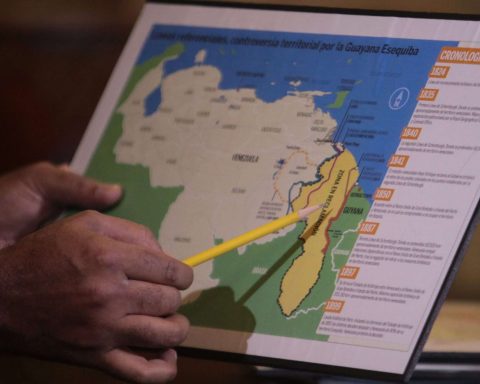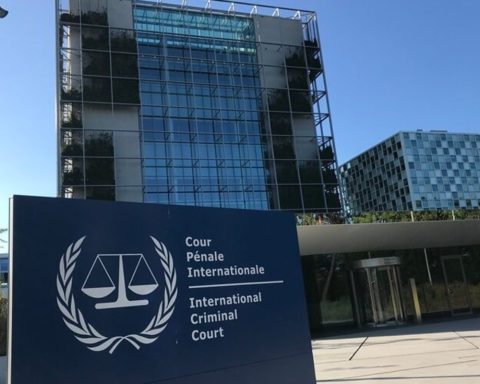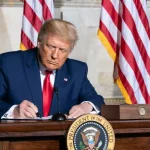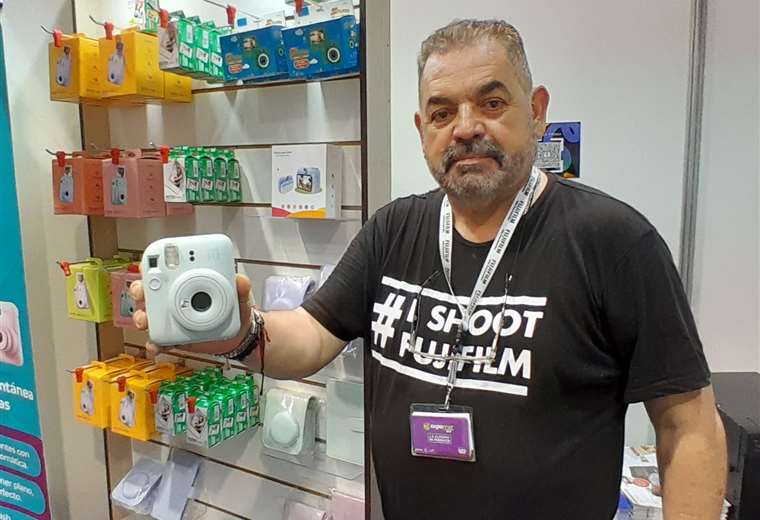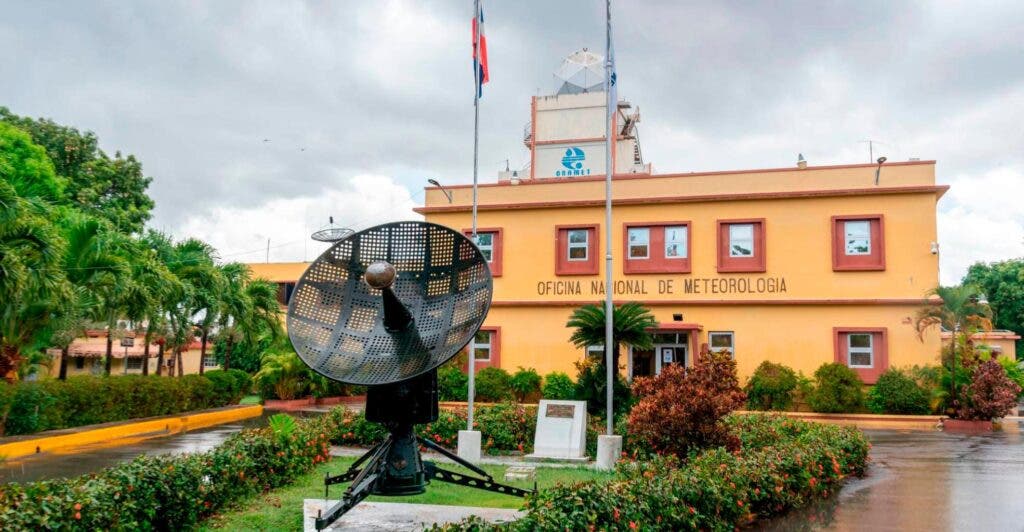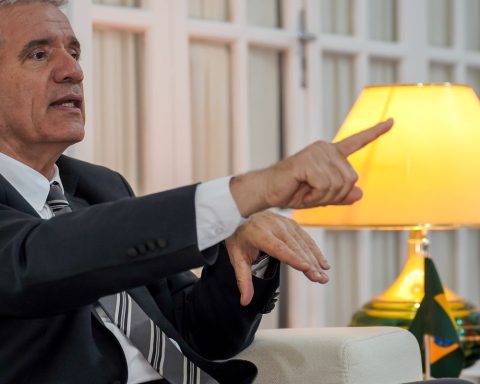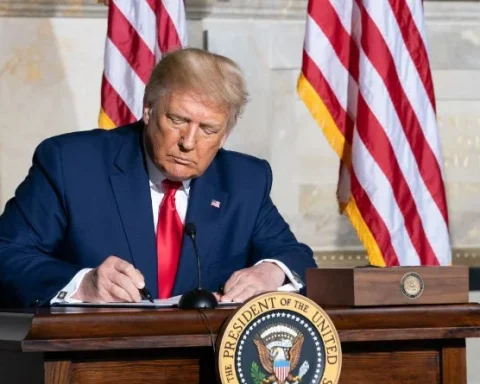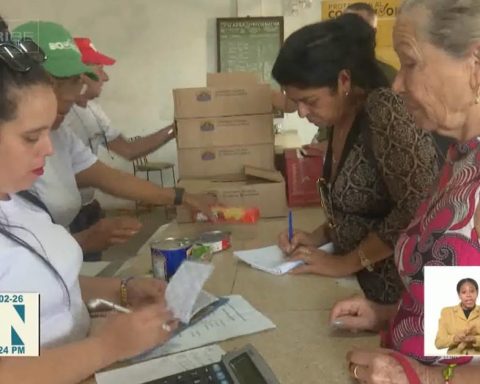The viral message includes a link to a page that appears to be from the WhatsApp application, but is actually malicious. This is a phishing technique in which scammers use the identity of the Meta company to steal users’ personal data.
Text: Valentina Gil
Our users asked us to verify an alleged message sent by the Meta support team, which warns about an alleged suspicious login to our WhatsApp account and indicates that they must access a website to perform the corresponding verification and thus recover it.
Dear user,
*You will no longer be able to use your WhatsApp account for texting, calling, or any other purpose. This is because we detected that an unknown device is logged into your WhatsApp account and is attempting to change the information associated with Facebook.
*The activity on your account has violated our security rules. To uphold the rules and protect user information, we will block your account within the next 12 hours.
*To ensure that your account is not blocked and you can use it normally again, you must verify that you are the owner of this account.
The message includes a link to a page that appears to be from the messaging app, but is actually malicious. This is a phishing technique in which scammers use the identity of the Meta company to steal users’ personal data.The official WhatsApp URL is “https://www.whatsapp.com/”, not “sites.google.com/ancd.us/whatshap-venezuela”.
*Read also: #Forochat: What to do in the event of a possible government blockade of WhatsApp and blocking of X?
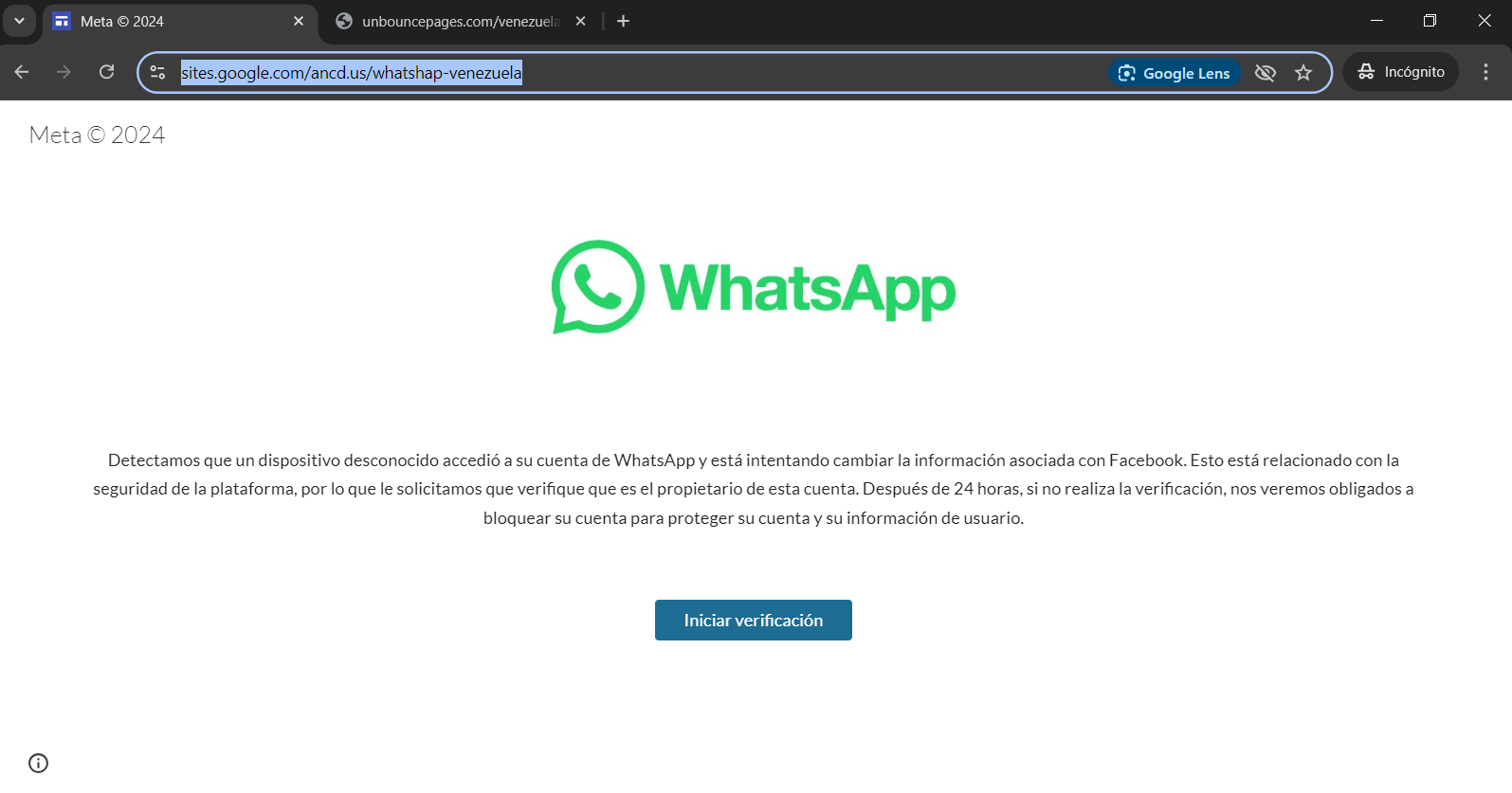
The “start verification” button on the fake website also has a hyperlink that takes you to another malicious page, which impersonates Facebook —also owned by Meta—. This page asks for an email or phone number and a password to log in. It is best not to disclose any data.
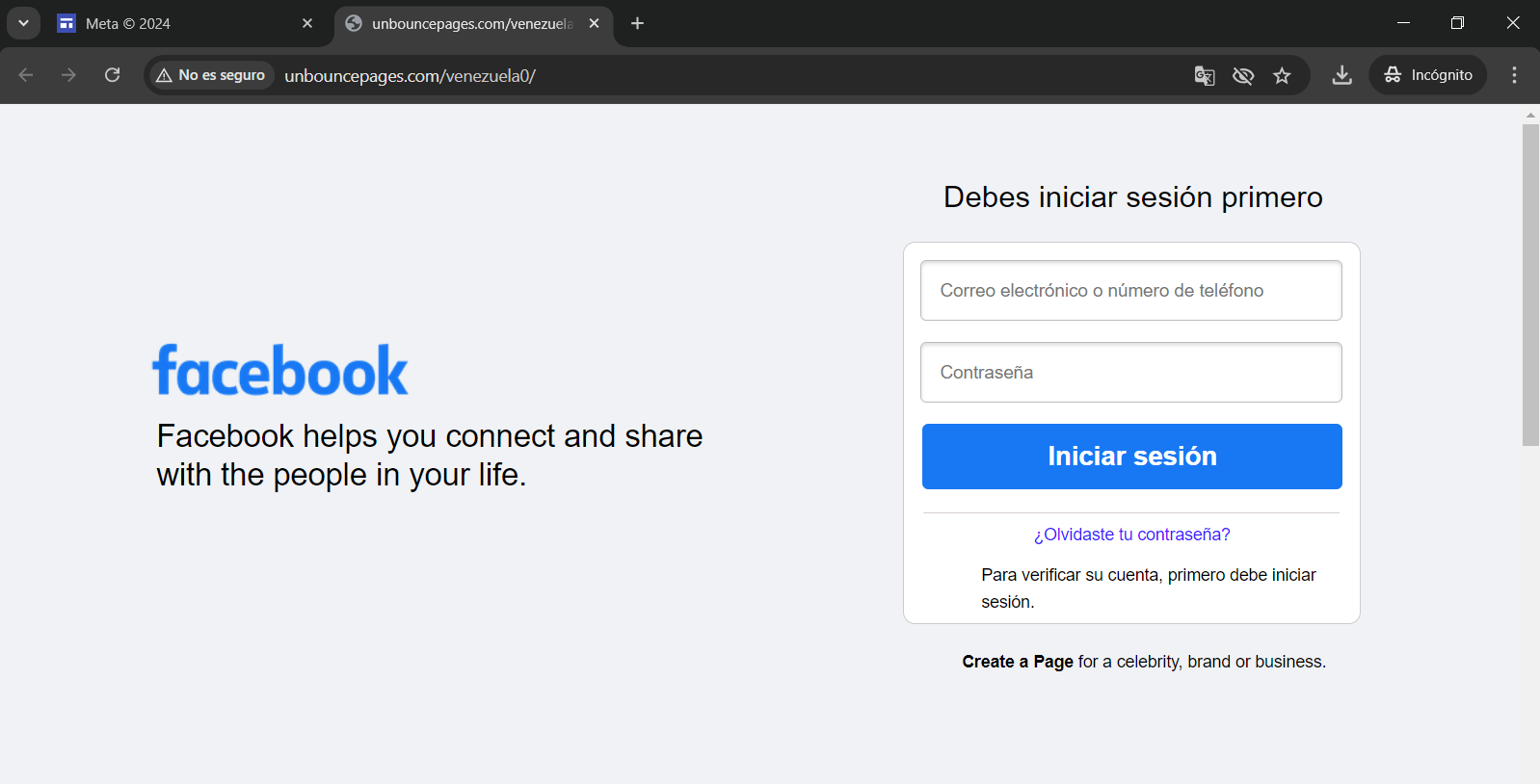
When we register our WhatsApp account on a new device, the messaging app sends a push notification with a verification code that should not be shared with anyone, according to its official page:
«Never share your WhatsApp verification code with other people. If someone is trying to take over your account, they will need the verification code that was sent to your phone via SMS. Without that code, any user trying to verify your number will not be able to complete the verification process and use the number on WhatsApp. This means that you still have control over your WhatsApp account.»
On August 6, Nicolás Maduro, the current president of Venezuela, asked his followers to uninstall the private messaging service WhatsApp and use other similar services such as Telegram and WeChat. The next day, he said that Conatel had proposed uninstalling WhatsApp nationwide, to which he said he preferred to leave it “to conscience.”
Post Views: 61
